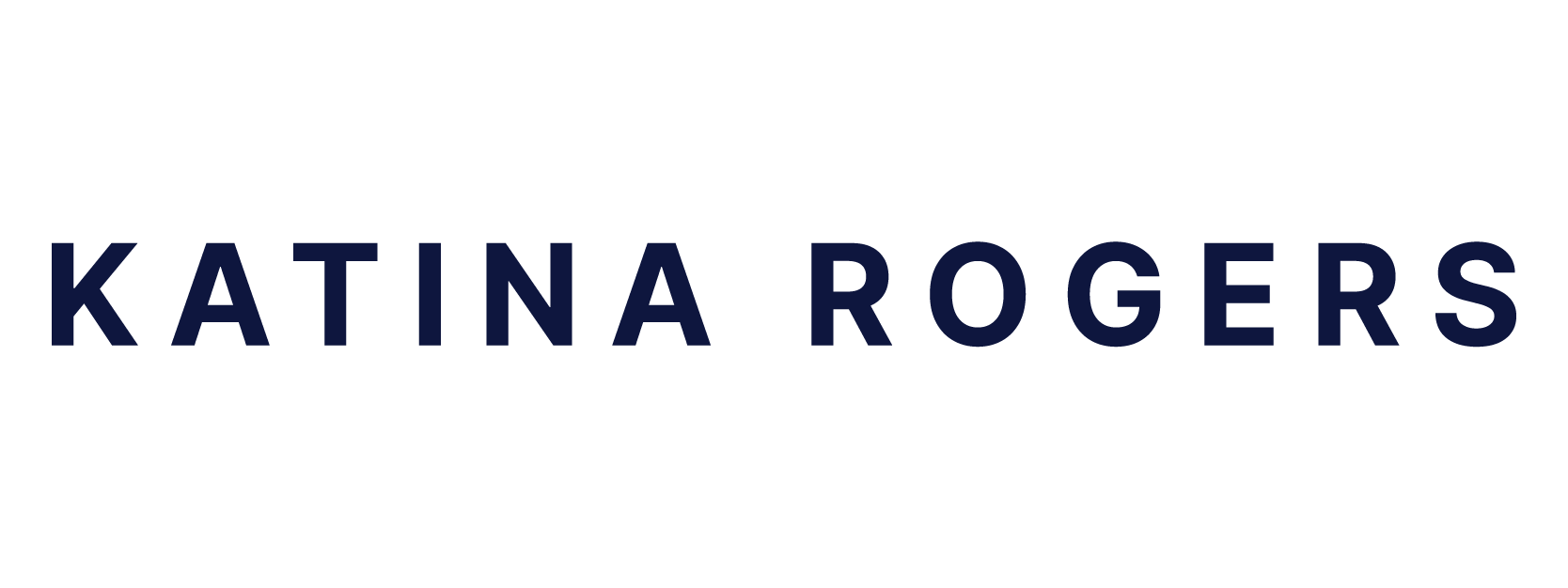2020 is on the horizon, ushering in a time of looking back and looking forward. January will bring not only a new year but a new decade, and a metaphorical connection to 20/20 vision. In the U.S., the year also brings a high-stakes and emotionally fraught presidential election that feels something like a moment of reckoning. Naturally, this is a time of reflection for many, myself included.
I’ve been thinking especially about how much has changed in my professional life in the last ten years. At HASTAC, we’re in the midst of planning our 2020 conference at UT Dallas, with a theme of Hindsight, Foresight, and Insight. That theme resonates as I reflect on my own journey. Part of this professional trajectory connects to another unexpected ten-year mark. As Twitter reminded me, ten years ago Jason Rhody and Bethany Nowviskie started describing their work as “alt-ac”.
I didn’t hear the term when Jason and Bethany first used it to describe their work. I hadn’t yet had the great pleasure of meeting them, and wasn’t even really on Twitter yet. I was still finding my footing: I had recently moved to NYC and had just started working at the Sloan Foundation, while still working on my dissertation. While I suspected I wouldn’t go out for faculty jobs when I finished, I didn’t have a clear idea of where my future path would lead, or how I might fit into the landscape of scholarly work someday.
As Bethany and Jason have described, the term “alt-ac” was a way to describe the really interesting work that had long been happening in spaces adjacent to and intersecting with the academy. It is work that is intellectually demanding, complex, and fulfilling—and sometimes invisible or hard to define. Through my work at Sloan, I had begun to see and understand the vast and nuanced infrastructure that supported, enabled, and complemented the work of academic research and teaching.
A couple of years later, I would begin working for Bethany as part of the Mellon-funded Scholarly Communication Institute, then embedded in UVA’s Scholars’ Lab. There, my work would focus directly on the constellation of alt-ac career pathways and how graduate education did or did not prepare people to thrive in those contexts. I learned so much in the years just after finishing my dissertation, in those first couple of jobs that set me on a path that, as a graduate student, I didn’t know existed.
As I reflect, I find my mind returning so often to those first years in NYC, to the ways my eyes began to open to the structures and systems that appear to be neutral and yet can be the difference between facilitating someone’s research and stopping it in its tracks. I’ve learned so much since then about the invisible and unearned privilege that I benefit from personally, and the ways that the systems around me have been created in order to maintain that privilege. And I hope that in some small way I have begun to work toward new kinds of systems that facilitate the work of many other scholars, researchers, teachers, mentors, and students.
Since those years, I have continued to ruminate on what it means to engage in academic work from the spaces outside the professoriate. My thinking has expanded to reflect more broadly on the value of graduate education, and how we can build more equitable systems that expressly value the full range of scholarly work that people do from many different vantage points. I’m eager for Putting the Humanities PhD to Work to come out next fall so I can share these ideas more widely. And that research goes hand-in-hand with the programmatic and administrative work I do for the Futures Initiative and HASTAC. My work draws on every bit of my doctoral education—plus so much of what I learned after my degree was finished. I am so grateful to the people I’ve had occasion to learn from—Bethany and Jason and so many others—not only in terms of the knowledge or ideas they shared, but even more importantly the care and hope and thoughtfulness with which they approach their work. I hope that I am able to pay it forward in the decade ahead.
For me, it’s dizzying to look back to 2009. Within the span of a single year, from mid-2009 to mid-2010, I moved to a new city, started working at Sloan, finished and defended my dissertation, got married, and watched as my parents ended their own marriage of 30 years. It was a lot. And it was also a beginning. Ten years later, even more has happened. I’ve moved across the river to Brooklyn. I’ve become a parent to two incredible kids, something I suspect I’ll always be adjusting to since their worlds and lives are constantly changing. I’ve held a few different jobs, all incredibly fulfilling. I’ve written a book! The term and concept of “alt-ac”—and the relationships have come about through doing that work—is interwoven with my own journey. It sounds cliché, but ten years ago I never could have pictured what my life looks like now.
All that to say: as this decade draws to an end, I can see that a lot has happened by any measure. Not all of it has been good, and yet as I look back, I am filled with gratitude.
